What to Do If Your Child Loses a Tooth Prematurely
- 1. Understanding Premature Tooth Loss in Children
- 2. What Causes Premature Tooth Loss in Children?
- 3. Steps to Take If Your Child Loses a Tooth Early
- 4. How to Manage Pain and Discomfort
- 5. Preventing Premature Tooth Loss in the Future
- 6. When to See a Dentist for Premature Tooth Loss
Understanding Premature Tooth Loss in Children
Premature tooth loss refers to the early loss of a baby tooth (primary tooth) before it is naturally ready to fall out. Typically, children lose their first teeth between the ages of 6 and 7, but sometimes a tooth can fall out prematurely due to various reasons. This can be worrying for parents, but with the right understanding and approach, it can be managed appropriately.
When a child loses a tooth too early, it can affect the development of their adult teeth and cause some discomfort. It's essential to identify why the tooth fell out prematurely and how to handle it to ensure the best possible oral health outcome for your child.
What Causes Premature Tooth Loss in Children?
Several factors can cause a child to lose a tooth earlier than expected. Some common causes include:
- Injury or Trauma: Accidents, falls, or sports injuries can cause a tooth to become loose or fall out before its time.
- Tooth Decay: Severe cavities or untreated dental issues can weaken the tooth, causing it to fall out prematurely.
- Infections: Gum infections or abscesses around the tooth can lead to early tooth loss.
- Genetic Factors: Some children may lose their teeth earlier than others due to genetic factors or hereditary dental issues.
Understanding the root cause of premature tooth loss is crucial for addressing it properly and ensuring that the child's oral health is not compromised in the long run.
Steps to Take If Your Child Loses a Tooth Early
If your child loses a tooth prematurely, it's important to take the following steps to ensure their oral health is protected:
- Stay Calm: Children can get anxious when they lose a tooth earlier than expected. Remaining calm will help reassure them and reduce their stress.
- Check for Bleeding: If the tooth has been knocked out due to an injury, check for any bleeding. Gently apply pressure with a clean cloth to stop the bleeding.
- Clean the Area: Use warm water to rinse your child’s mouth gently, being cautious not to cause further damage.
- Preserve the Tooth: If the tooth was knocked out due to injury, try to preserve the tooth by rinsing it gently and placing it in a glass of milk, or use a saline solution to keep it moist until you can visit a dentist.
By taking these steps, you can ensure that the situation is handled appropriately and that the potential impact on the child's oral development is minimized.
How to Manage Pain and Discomfort
If your child experiences pain after losing a tooth prematurely, there are several ways to alleviate the discomfort:
- Over-the-Counter Pain Relievers: Consult with your pediatrician or dentist to find a suitable over-the-counter pain reliever for children.
- Cold Compress: Applying a cold compress to the affected area can help reduce swelling and numb the pain.
- Soft Foods: To avoid further irritation, offer your child soft foods and liquids while they heal.
These simple remedies can help your child manage pain and discomfort as their mouth heals after losing a tooth prematurely.
Preventing Premature Tooth Loss in the Future
While it may not always be possible to prevent premature tooth loss, there are several proactive measures you can take to reduce the risk:
- Promote Good Oral Hygiene: Encourage regular brushing and flossing to prevent tooth decay and gum disease, which can lead to premature tooth loss.
- Wear Protective Gear: If your child participates in sports, make sure they wear a mouthguard to protect their teeth from injuries.
- Regular Dental Checkups: Schedule routine dental checkups to detect any early signs of tooth decay or other issues that may contribute to tooth loss.
Taking these preventive measures can help ensure that your child’s teeth remain healthy and strong for as long as possible.
When to See a Dentist for Premature Tooth Loss
If your child loses a tooth prematurely, especially due to injury, infection, or decay, it’s important to consult a dentist as soon as possible. A dentist can assess the situation and recommend appropriate treatments to ensure that your child’s oral health is not compromised. If the lost tooth is a baby tooth, the dentist may discuss options to maintain proper spacing for the adult teeth.
In cases where a tooth has been lost due to trauma, the dentist may also be able to reattach the tooth if it's caught early enough, or they may provide a space maintainer to ensure the adult tooth comes in properly.

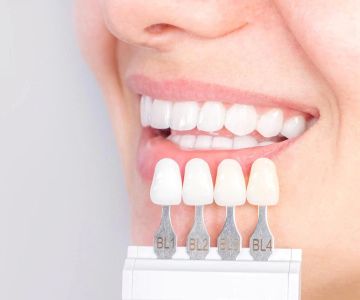

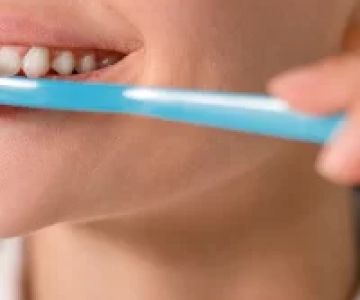
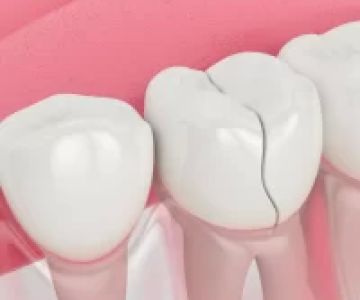
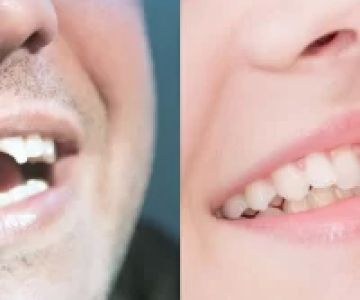
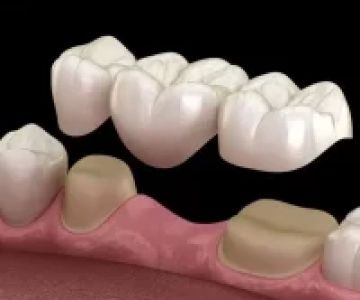
 Westgate Dental Arts
Westgate Dental Arts Coventry Family Dental
Coventry Family Dental Familia Dental
Familia Dental Dr. Daniel S. Fife, DDS
Dr. Daniel S. Fife, DDS Dentistry At Suburban Square: Michael I. Wollock, DMD
Dentistry At Suburban Square: Michael I. Wollock, DMD Comfort Care Dental
Comfort Care Dental The Importance of Oral Health Education During Pregnancy for a Healthy Pregnancy
The Importance of Oral Health Education During Pregnancy for a Healthy Pregnancy Why Skipping Dental Checkups Can Lead to Bigger Oral Health Problems
Why Skipping Dental Checkups Can Lead to Bigger Oral Health Problems Advantages of Porcelain Dental Restorations
Advantages of Porcelain Dental Restorations Best Tips for Brushing Your Teeth Properly for Healthy Gums: Essential Techniques for Oral Health
Best Tips for Brushing Your Teeth Properly for Healthy Gums: Essential Techniques for Oral Health How Can Diabetes Cause Tooth and Gum Problems? Preventing and Managing Oral Health Issues
How Can Diabetes Cause Tooth and Gum Problems? Preventing and Managing Oral Health Issues Healthy Habits for Promoting Good Oral Health and Hygiene: Tips for a Healthy Smile
Healthy Habits for Promoting Good Oral Health and Hygiene: Tips for a Healthy Smile